World Cup: Clubs to receive £142m for releasing players
- Published
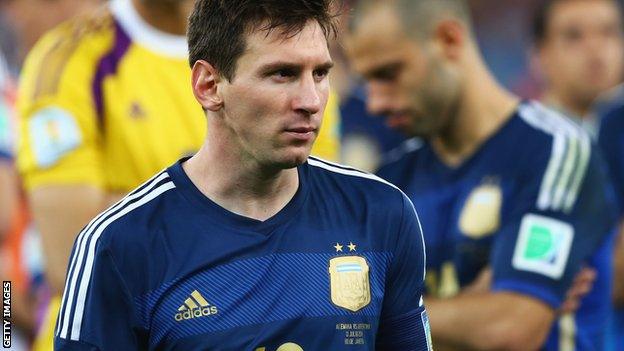
Lionel Messi, who captained Argentina to the 2014 final, will be 31 at the 2018 World Cup
Clubs will be paid a total of £142m for releasing players for each of the next two World Cups, Fifa has announced.
The deal covers the 2018 World Cup in Russia and the winter tournament to be held in Qatar four years later.
The agreement, which aims for stronger integration between international and club football, is a significant increase on the current deal of £47m.
It comes as the United States emerged as early favourites to host the 2026 World Cup pending a decision in 2017.
The player release deal was established before the 2010 World Cup in South Africa.
According to the world governing body, the agreement aims to "further enhance consideration of club football interests at Fifa level".
US favourites to host the 2026 World Cup
The United States hosted the World Cup for the first time in 1994 and are the early frontrunners to host the 2026 tournament.
A final decision could be made as early as May 2017, after Fifa's executive committee discussed the time-frame at a meeting in Zurich.
BBC Sport understands Uefa, the European confederation, was against any decision taking place in 2017, but their representatives on the committee, including Michel Platini, were overruled.
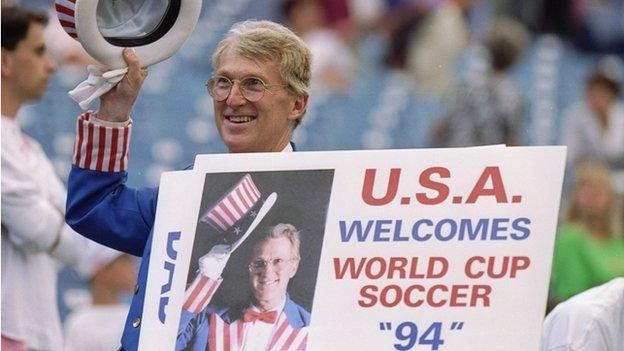
The USA held the World Cup for the first time in 1994
With Fifa having extended TV marketing rights to Fox in the US for the 2026 tournament, it is believed several Fifa executives felt there was no valid reason to significantly delay a decision about the venue.
Jeffrey Webb, president of the Confederation of North, Central American and Caribbean Association Football, said the US, Mexico and Canada had already shown interest in staging the 2026 tournament.
But he added that football was "booming" in the US and said the country's infrastructure was so good it could host the World Cup next year.
Other European nations are in the running, but the English Football Association is not expected to bid, given its policy of not seeking to host Fifa tournaments while current president Sepp Blatter is in office.
Under new bidding rules, Fifa's executive committee will finalise a shortlist of candidates. The final decision will then be made by all 209 Fifa member associations when they hold their annual congress in Malaysia in 2017.
No compensation over winter World Cup
An attempt to force Qatar to cover any compensation claims against Fifa, following the switch of the 2022 World Cup from summer to winter, has been rejected.
BBC Sport understands Fifa presidential election candidate and vice-president Prince Ali of Jordan was in favour of the proposal, along with Sunil Gulati, the president of the US soccer federation.
The measure, if approved, would have led to Qatar shouldering responsibility for any major financial claims suffered by Fifa due to the change in the tournament dates.
How will a winter World Cup affect clubs? |
|---|
Stoke City chairman Peter Coates told BBC Radio 5 live: "It's going to be very messy. We have to make the best of a bad job. The only saving grace is there's a long time to prepare for it." |
A Fifa taskforce headed by Shaikh Salman, the head of the Asian Football Confederation, agreed last month to switch the World Cup from the months of June and July, where temperatures can reach upwards of 40C, to the cooler period of late November to late December.
Fifa's executive committee has now agreed that the final of the tournament should be held on 18 December, Qatar's national day, as part of a shortened 28-day playing schedule.
The European Clubs Association (ECA) called for compensation payments because of the disruption a winter World Cup would cause.
That demand was swiftly dismissed by Fifa general secretary Jerome Valcke, who insisted no compensation was necessary.
- Published20 March 2015
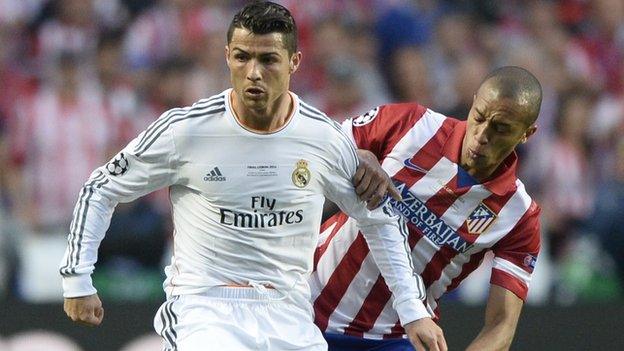
- Published20 March 2015
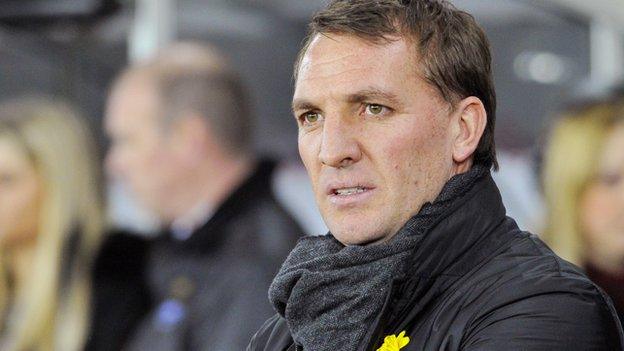
- Published20 March 2015
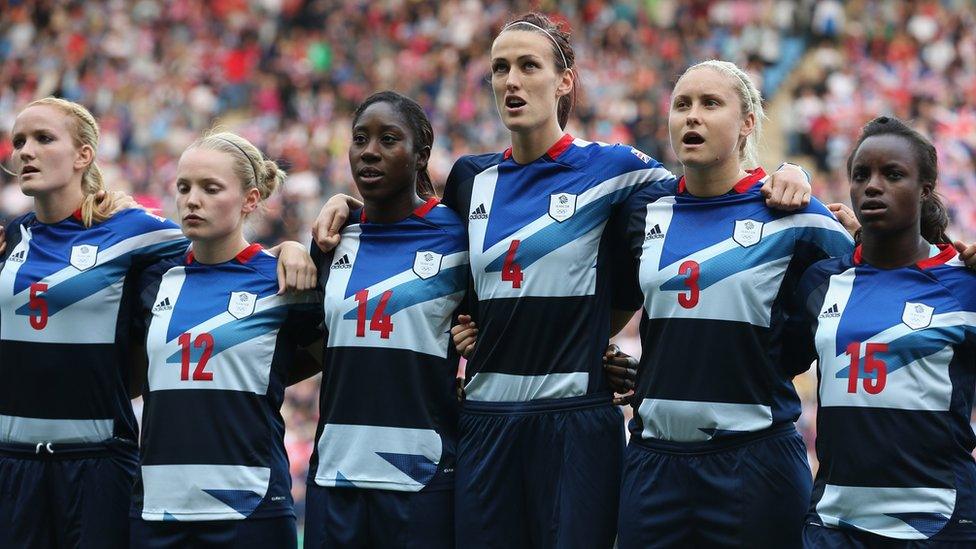
- Published20 June 2016

- Published7 June 2019

- Published2 November 2018
